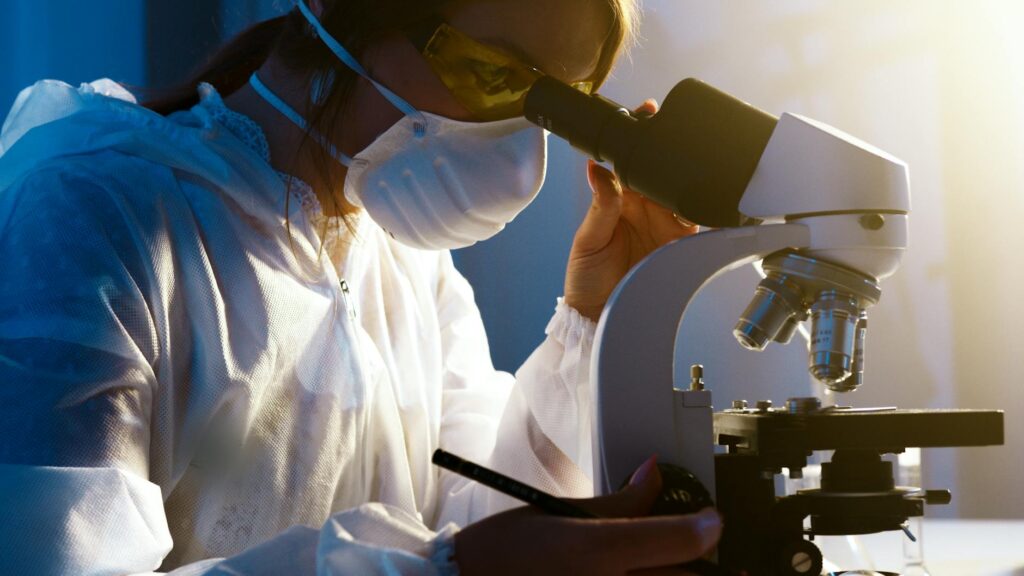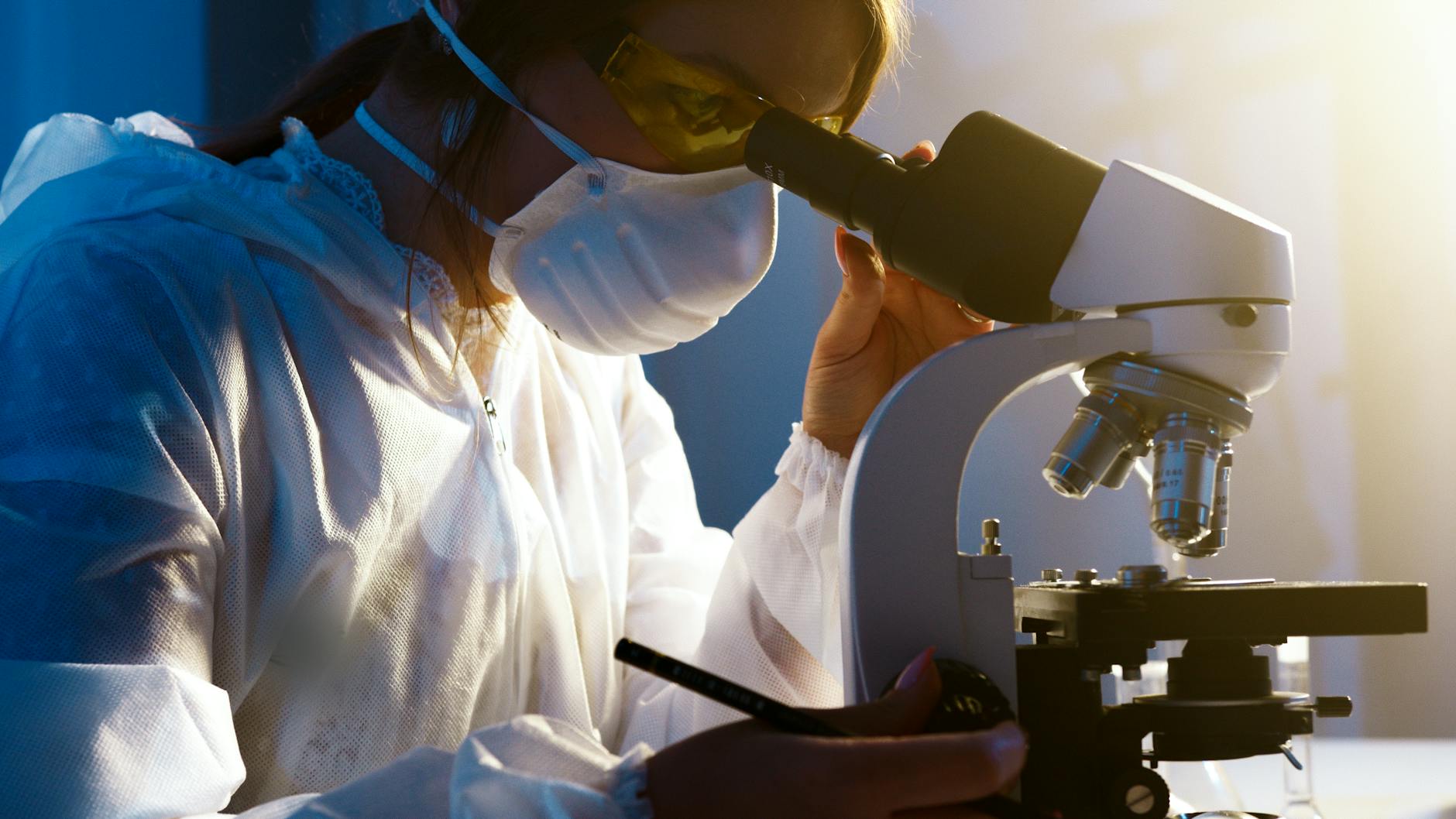What happens behind the scenes in food laboratories? Explore the secrets of cooking up science and uncover culinary innovations.
Table of Contents
Food is an essential part of our daily lives, not only providing nourishment and sustenance but also representing culture, tradition, and innovation. The culinary world is vast and diverse, encompassing everything from food clubs to food labs. In this blog post, we will delve into the fascinating realm of food laboratories and explore the science behind our favorite dishes.
Understanding Food Labs
Food labs are specialized facilities where food scientists and researchers work to enhance food safety, quality, and innovation. These labs play a crucial role in the food industry, conducting experiments, tests, and analyses to ensure that the food we consume meets the highest standards of quality and safety.
One of the primary objectives of food labs is to develop new food products and recipes that cater to evolving consumer preferences and dietary requirements. By combining culinary expertise with scientific knowledge, food labs are able to create delicious and nutritious options that appeal to a wide range of tastes and dietary needs.
The Role of Food Labs in the Culinary World
Food labs are at the forefront of innovation in the culinary world, constantly pushing the boundaries of what is possible in food production and preparation. They are responsible for developing new cooking techniques, inventing novel ingredients, and exploring the potential of food as a means of artistic expression.
Moreover, food labs play a crucial role in ensuring the safety and quality of the food we consume. By conducting rigorous tests and analyses, food labs help to detect and prevent foodborne illnesses, contamination, and other hazards that could jeopardize public health.
Examples of Innovative Food Labs
There are numerous food labs around the world that are leading the way in culinary innovation and research. For example, the Food Innovation Center at Oregon State University is dedicated to helping food entrepreneurs develop and commercialize new products through research, education, and outreach.
Another notable food lab is the Experimental Cuisine Collective in New York City, which brings together chefs, scientists, and artists to explore the intersection of food, science, and art. Through workshops, lectures, and events, the Collective aims to foster creativity and collaboration in the culinary world.
Benefits of Food Labs
Food labs offer a wide range of benefits to the food industry and consumers alike. By conducting research and experiments, food labs are able to improve the nutritional value, flavor, and safety of food products, leading to better overall health and well-being for consumers.
Additionally, food labs play a key role in promoting sustainability and environmental consciousness in the food industry. By developing innovative food production methods and technologies, food labs help reduce waste, conserve resources, and minimize the environmental impact of food production.
Conclusion
Food labs are essential hubs of creativity, innovation, and research in the culinary world. By combining culinary expertise with scientific knowledge, food labs are able to push the boundaries of what is possible in food production and preparation, leading to new and exciting culinary experiences for consumers.
As we continue to explore the science behind our favorite dishes, let’s take a moment to appreciate the dedication and expertise of the food scientists and researchers who work tirelessly in food labs around the world to ensure that we can enjoy delicious, safe, and sustainable food options.




